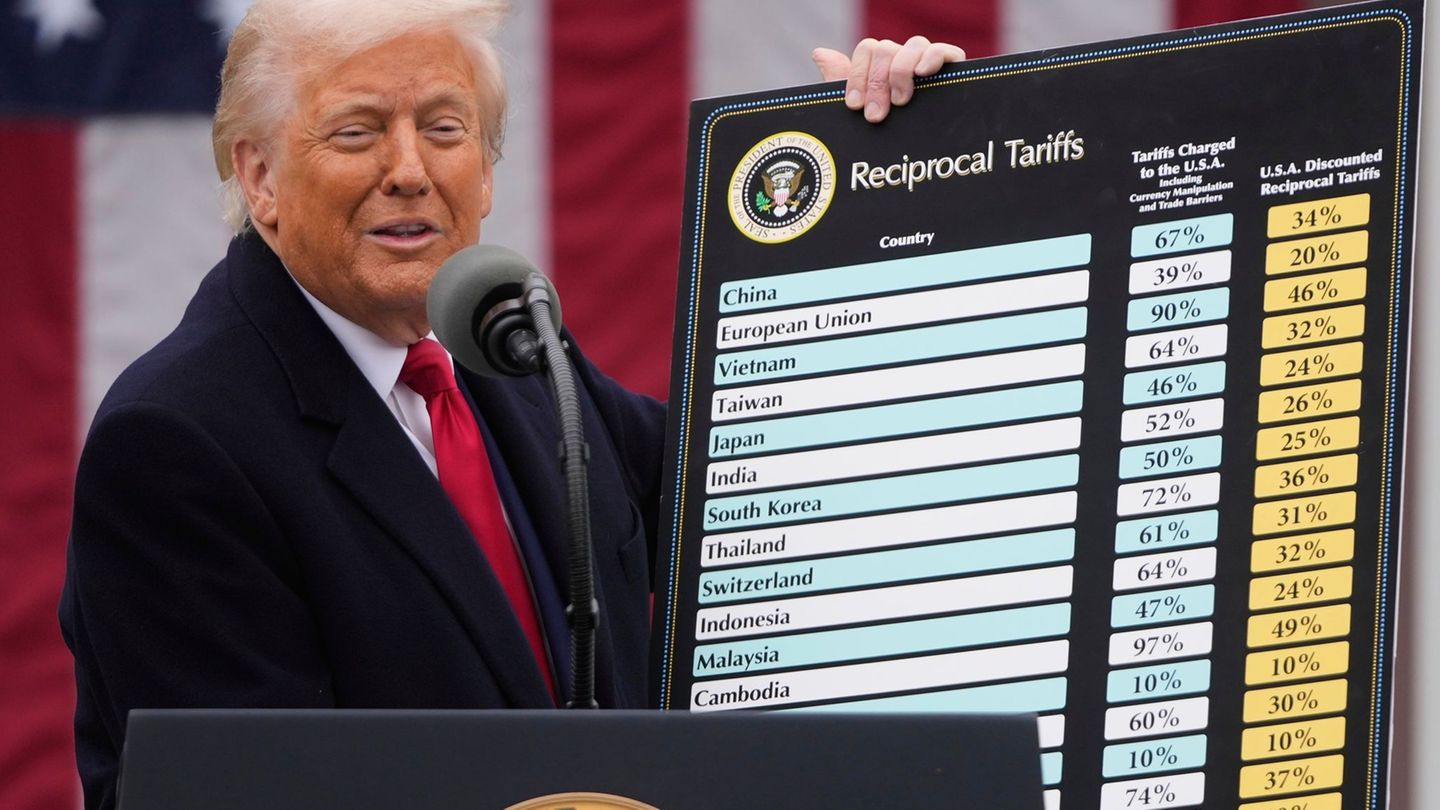At the beginning of the week, the deadline for the wallets, companies and human people to register with the National Securities Commission (CNV) as providers of virtual assets. This is the first step towards regulation of the operation of cryptocurrencies or cryptoassets. The organization reported that received 93 registration applications to operate in the country.
Once the period of 45 days provided for in the General Resolution 994 of the CNV for those who already operate in Argentina as virtual asset service providers (PSAV), the registry will remain open for new applications. However, from now on, those who apply for registration will have to wait for registration to be completed before being able to operate.
The organization chaired by Roberto Silva reported that, since the entry into force of the registry, 85 applications were received from legal entities and 8 from individuals. The first 35, all of them legal entities, have already been registeredof which there are four that are of foreign origin.
“In its new role as PSAV regulator, the CNV was in charge, in this first stage, of the creation of the Registry of Virtual Asset Service Providers and accessibility in your registration. With this registration, people identified as PSAV become obligated subjects under the regulations of the Financial Information Unit (UIF),” said Silva. And he added: “We ended the period with a good number of registered suppliers and others in the registration process.”
The entity that acts as controller of the local capital market recalled that those who complied with the requirement of submitting applications for registration in the PSAV registry will be able to continue operating, while those who did not must refrain from carrying out operations until they are registered.
The firms that have already been registered in the registry published by the CNV are: Arex Activos Digitales SA, BCrypto SA, Billete Argentina SRL, Fintech SA, Liquid Arg SAS, Payex SRL, Plus Fintech SA, Cobon OTC SA, Vita Digital SRL, PMSA Capitales SA, Miactivo SA, Beehive Soft SAS, Koibanx El Salvador SA de CV, Cocos Crypto SA, Lirium AG, The Reserve SA, Digital Prime System Limited SA de CV, Mar Exchange SA, Selmiro SAU, AMG Capital Group SA, Sixalime SAS, Vitualpays SAU, FWOTC SA, Alerce Argentina SRL, Intrapolar SA, Administration Group SAS, Naluso SA, Transfero Pagamentos SA, Settle Arg SAS, Galactic Holdings INC, Gresham SAU, Della Foresta SA, Kulipa SRL, Mi Saldo SRL and Triple W SRL
As he told Ambitthe opening of the registry was carried out after Law No. 27,739 was approved, which reformed the National Regulatory System of Prevention of Money Laundering and Financing of Terrorism (LA/FT). It was one of the requirements set by the Financial Action Task Force (FATF), within the framework of the organization’s fourth evaluation of Argentina, to avoid putting the country on the so-called “gray list.”
“As part of the adaptation and information process, meetings were held with representatives of the PSAV sector, members of the Argentine Fintech Chamber and important legal firms in the country to explain details of the initiative. For the CNV Board of Directors, dialogue with the actors of the sector”, the organization said in a statement.
Cryptocurrencies: towards regulation
After this first step, a second stage in which the CNV will begin to analyze and prepare a more exhaustive regulation scheme of wallets that operate with cryptocurrencies or cryptoassets.
As this medium described, On the horizon is the idea of moving from the current registration to a licensing system that would regulate issues such as a minimum equity for suppliers and the separation of accounts to try to protect clients’ assets in the event of possible bankruptcies of the Exchanges (a point on which there are negative experiences worldwide), among other aspects.
Officials assure that there will be public consultations and dialogue with the market for the development of future regulations.
Source: Ambito
I am a 24-year-old writer and journalist who has been working in the news industry for the past two years. I write primarily about market news, so if you’re looking for insights into what’s going on in the stock market or economic indicators, you’ve come to the right place. I also dabble in writing articles on lifestyle trends and pop culture news.




